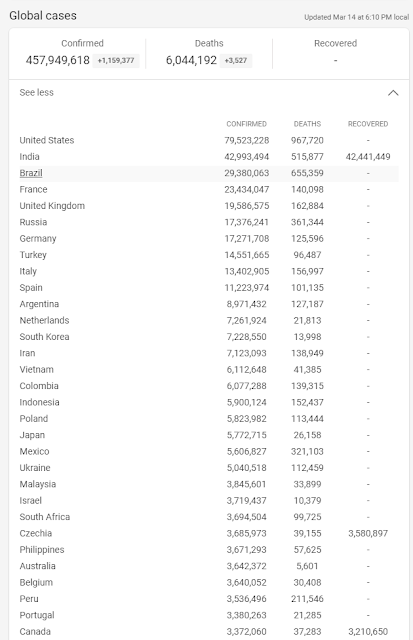This post first appeared on Kineti and is authored by Judah Gabriel Himango, one of Tabernacle of David’s teachers.
I was wrong about the pandemic.
Last year, I predicted that the COVID vaccine would end the pandemic.
It has not, and likely will not.
More than 2 years in, and over a year since we’ve had widespread access to the COVID vaccines, it’s clear that these vaccines alone won’t end the pandemic.
I predicted it would end the pandemic based on the raw data, which showed declining infections, hospitalizations, and death wherever the vaccine was widely deployed.
But then then, two game-changers happened:
- The virus mutated, resulting in COVID variants that were more contagious and resistant to the COVID vaccine.
- Waning efficacy: the vaccine taught your immune system to fight off COVID, but the biological “memory” of this lesson wanes after 6 months.
For #1, we knew that virus mutation could be an issue. We see the same thing with the flu and flu vaccine, for example. But healthcare workers hoped the COVID virus would not easily mutate quick enough to evade immunity or kick off new waves of infections. In reality, we got the South African variant and the Delta variant and the Omicron variant and more.
For #2, we didn’t know how long the vaccine would be effective in stopping COVID. The flu vaccine lasts 6 months, whereas the chickenpox vaccine can last up to 20 years. What would it look like for the COVID vaccine? Turns out, the answer is about 6 months before immunity begins to wane.
Between these two realities, many vaccinated people still got sick with COVID. Yes, fewer hospitalizations and deaths, but still many so-called “breakthrough” infections, in which vaccinated people get sick with a mild case of COVID.
The bad news: This sadly means that COVID will likely be with us for a long time
The good news: COVID is less serious now because of a 4 combo punch: vaccines, natural immunity, better treatments, and weaker variants makes COVID less serious.
Vaccine effectiveness. while it’s true vaccine immunity wanes over time, it still proves useful against serious illness and death. If you’re vaccinated against COVID and still get COVID, you’re far less likely to go to the hospital and far less likely to die.
That makes COVID less serious.
Natural immunity. if you’ve already had COVID, your body naturally will have memory of the disease and prevent infection. We’re not sure yet how long this immunity lasts, but some promising results show it’s at least 8 months long. This makes COVID less serious.
Better treatments. When the pandemic started, we didn’t have many good treatments if you got sick. Drugs like hydroxychloroquine, ivermectin, monoclonal antibodies, and others have mixed results and limited effectiveness. But today, there are an several treatments for COVID, some of which are proving quite effective at reducing COVID symptoms and getting you out of the hospital. This makes COVID less serious, because even if you get a bad case of it, you’ve got a good chance to survive.
Weaker variants. There’s no guarantee that COVID variants must get weaker, but we’ve been fortunate so far. The current dominant strain of COVID, the Omicron variant, is more infectious but less deadly than all other strains.
Indeed, the data shows that while 90 million people have been infected in the first 10 weeks of Omicron’s appearance, we saw fewer severe cases and fewer deaths than previous variants at their peak.
The end result is a lot of people getting infected, most recovering, resulting in great many people having natural immunity. This makes COVID less serious.
Summary
I was wrong about the COVID vaccine ending the pandemic. It hasn’t, and it likely won’t.
I was right about the COVID vaccine being effective. But the window for its efficacy was too small to end the pandemic.
To truly end COVID, in the same way we ended the polio pandemic of the 1950s, we will likely need a different, more effective vaccine that has longer-lasting (say, 5 year+) immunity.
Until then, we’re left with an ugly reality that about 10,000 people are dying every day from this disease:
At the time of this writing, COVID has killed more than 6 million people:.




